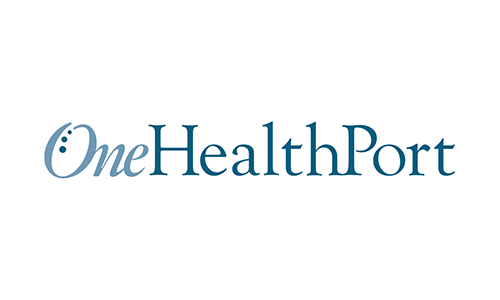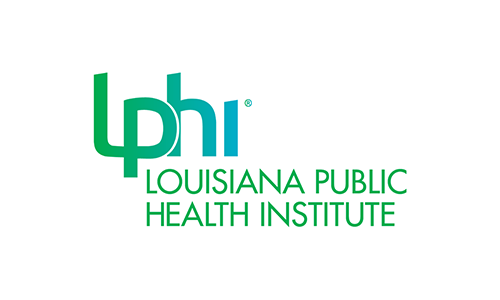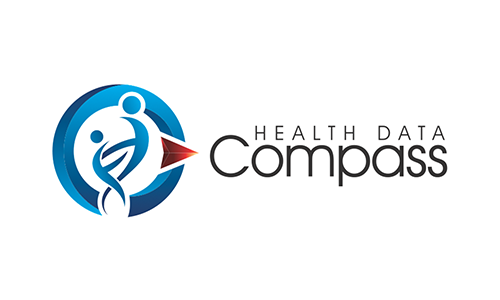
MENDS
Multi-state EHR-based Network for Disease Surveillance (MENDS) is a distributed network that leverages electronic health record (EHR) data to generate timely prevalence estimates of chronic disease measures at national and local levels.

Multi-state EHR-based Network for Disease Surveillance (MENDS) is a distributed network that leverages electronic health record (EHR) data to generate timely prevalence estimates of chronic disease measures at national and local levels.
 In 2018, the National Association of Chronic Disease Directors funded by the Centers for Disease Prevention and Control, initiated the pilot of Multi-state EHR-based Network for Disease Surveillance (MENDS).
In 2018, the National Association of Chronic Disease Directors funded by the Centers for Disease Prevention and Control, initiated the pilot of Multi-state EHR-based Network for Disease Surveillance (MENDS).
MENDS is a distributed network for surveillance that leverages electronic health record (EHR) data to generate timely prevalence estimates of chronic disease risk measures at national and local levels. MENDS can be accessed by health departments and other authorized users for monitoring trends, informing policies, planning programs, and evaluating outcomes to improve the health of the population.
MENDS has an implementation focus on six key areas:
Groups guiding the MENDS project include:
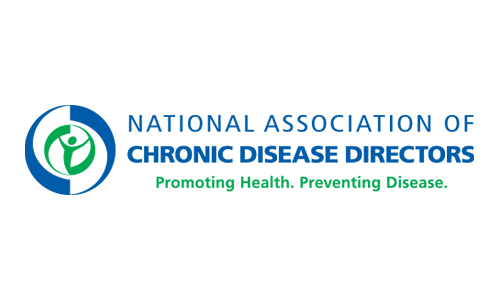


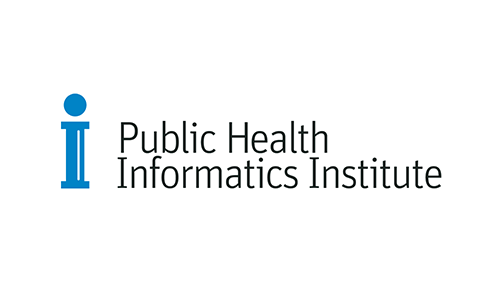

The MENDS project involves five pilot partner sites. These sites represent both data contributors and data users. Data contributors are healthcare organizations or data aggregators contributing data to MENDS. Data users are organizations within a partner site using MENDS data as surveillance, such as a State or Local Health Department. Partners piloting the MENDS project include:
